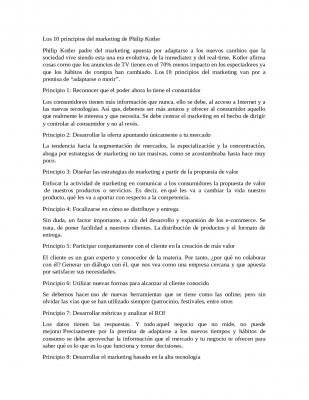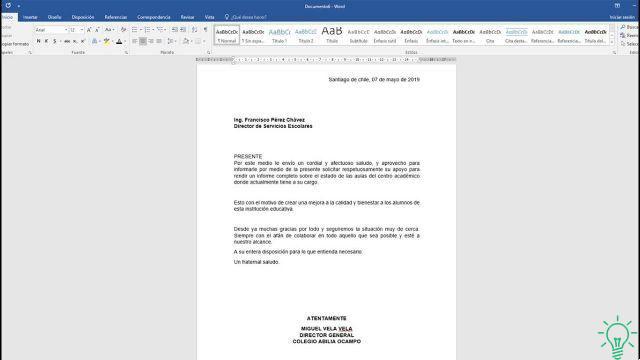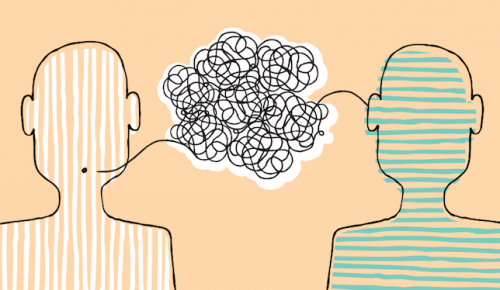The dormant effect occurs when a person immediately ignores a message, because it does not seem credible, and then, little by little, begins to believe it.

Last update: July 26, 2022
The sleeper effect, from the English sleeper effect, is an expression used to allude to the influence of information that was initially discarded because it was considered impossible or very unlikely.
Theoretically, the dormant effect occurs when a person immediately ignores a message, because it does not seem credible, and then, little by little, begins to believe it. Change it is due to an external proof in favor of the message or to a cycle of inner thoughts that push to re-evaluate the information.
This strategy seems to be a bit contradictory when we consider that we generally question information that leaves us doubtful. This does not mean that a content stored in our memory, initially not taken into consideration, ends up becoming important. In fact, acquires relevance because we encounter a data or other that makes us change strategy and confirm the content.
When did the dormant effect date back?
In the 40s, during the Second World War, several advertising campaigns were developed with the aim of fomenting a positive spirit towards everything that had to do with war. Specifically, the United States Department of War he wanted to understand if the propaganda spots were really effective.
Several experiments were conducted to analyze the influence of advertising on the attitudes of soldiers. From the results it emerged that the shorts did not succeed in influencing soldiers as easily as previously thought. When the films were informative, they reinforced some attitudes, but generally did not foment optimism. The producers and psychologists therefore did not achieve their goal with short films.
After a few months, however, the researchers found a curious effect in the soldiers. If their attitude towards the war had not changed at first, changes were observable after nine weeks.
For example, soldiers who had seen The Battle of Britain initially showed a slight sympathy for the British. Nine weeks later, the feeling was stronger. Carl Hovland, a lecturer at Yale University, called this the "dormant effect".
The phenomenon has been extensively investigated by the psychological and scientific community, because it seemed unthinkable that such a change, after a prolonged period of time, was related solely to the viewing of a short film. In fact, numerous studies confirm that the persuasive effect of a message is greater immediately after receiving it. The more time passes, the more the effect would tend to diminish. Advertisers who offer better deals to those who buy now know this well.
What are the conditions for the dormant effect to occur?
In order for the phenomenon of the dormant effect to occur, two conditions must exist:
- A strong initial impact: the dormant effect emerges only if the persuasive message has a very strong initial impact. This strength is the guarantee that the message is kept in memory and mentally reworked.
- A foregone message: when the source of the information is not reliable, we tend to discredit its content. However, if we discover that the source is not reliable only after seeing the film or receiving the message, we will be more receptive to the message and therefore suggestible.
Those who deal with advertising know this detail well and can, for example, write an article on the benefits of chocolate by convincing us to consume it. However, only at the end of the article it turns out that the author works for a company that produces chocolate. If we receive the persuasive message before we know the source of the information, we will be exposed to the dormant effect.
The explanation of this phenomenon is very simple: our mind, after some time, forgets that the source of the message was not entirely reliable and stores the initial information. Here because with the passage of time we are more suggestible to the message than our initial reaction.
Now you know how the dormant effect works by which advertising and the media can direct our attention, convince us to buy certain products or vote for a certain party. This phenomenon also leads us to ignore the negative aspects of the product in question and it pushes us to adopt an enhancement or confirmation strategy.

























